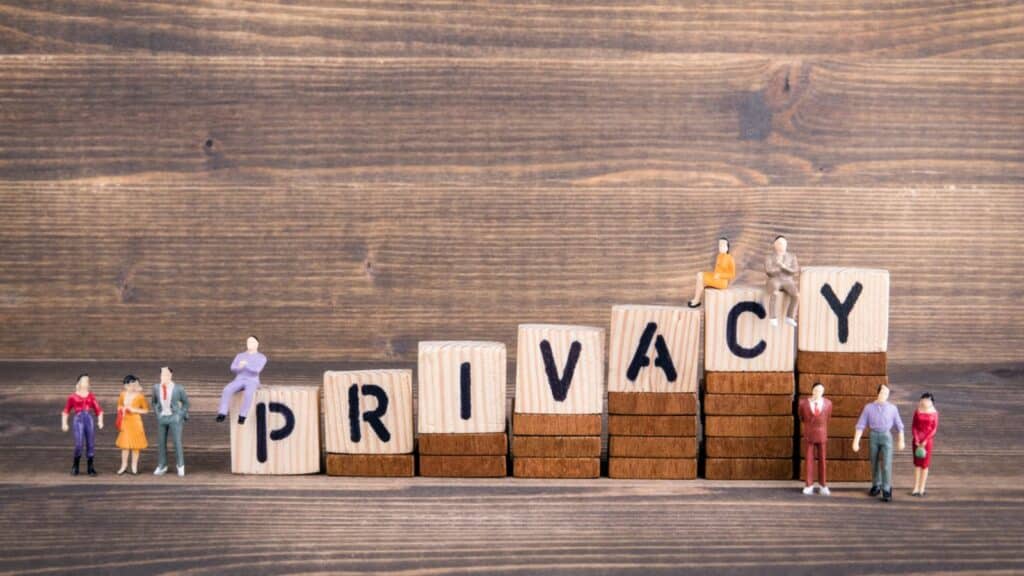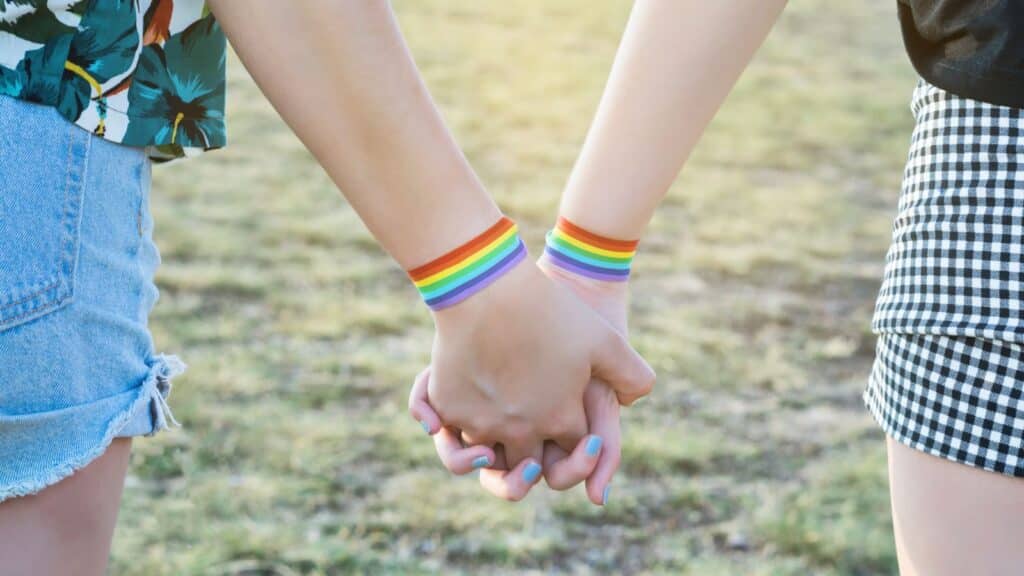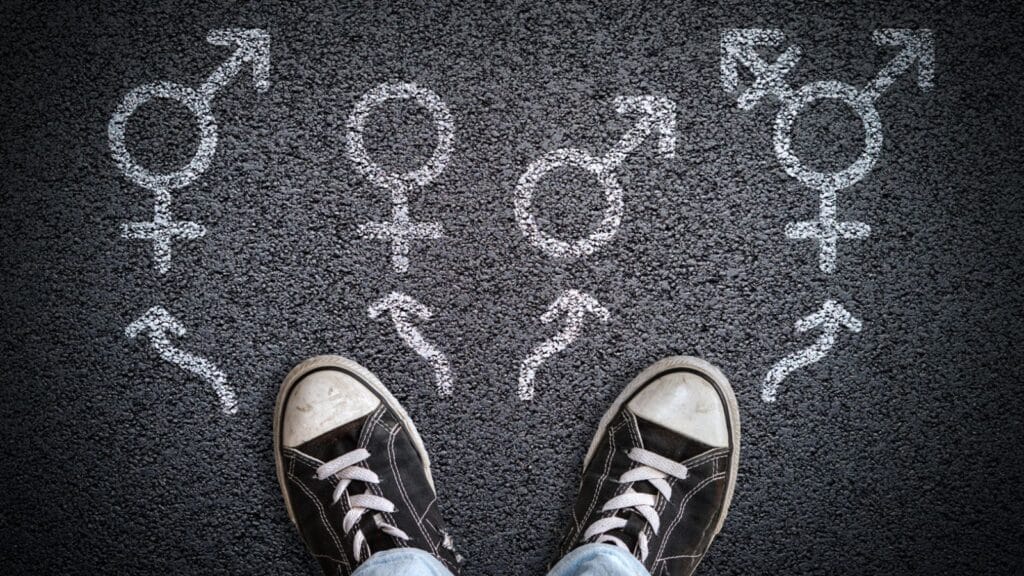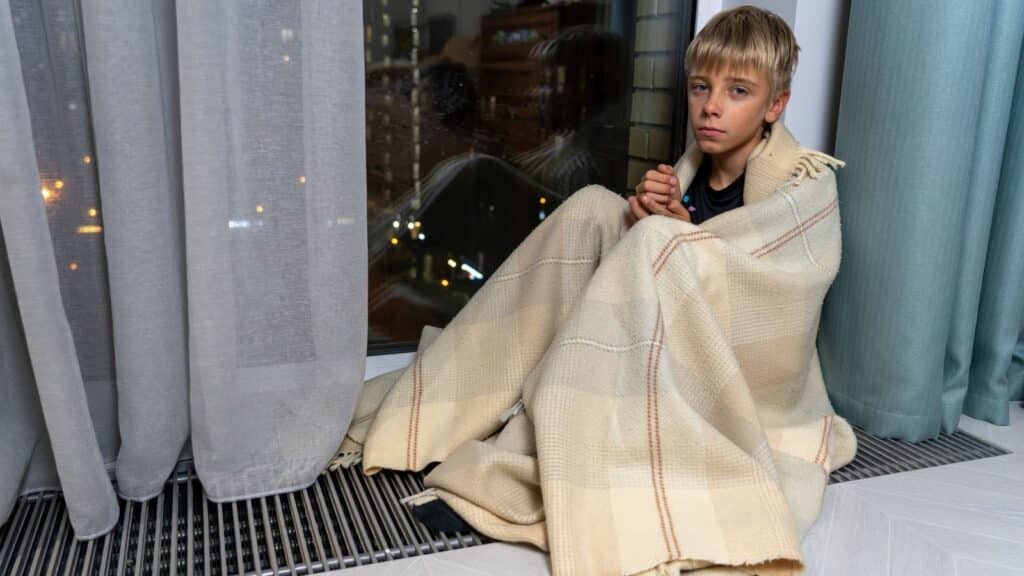Like any generation, Millennials hold diverse values and perspectives that shape their expectations of people. While it is essential to respect these diverse viewpoints, we take a look at 21 things that Millennials can’t take a joke about that annoy other generations:
Dismissing Climate Change Concerns

For many people, climate change is not a laughing matter. They see it as a natural and urgent threat to the planet and future generations. Making light of such a severe issue can feel disrespectful or dismissive of their concerns.
Stereotyping and Generalizations

Stereotypes are often inaccurate and oversimplified, failing to capture people’s individual personalities, beliefs, and experiences within a group. Being judged based on a stereotype can feel unfair and disrespectful and is not something that Millennials will tolerate.
Lack Of Social Justice Awareness

Millennials expect individuals and institutions to be mindful of social justice issues, such as equal rights for women and racial equity and actively work towards creating a more equitable society. Dismissing or ignoring these concerns can be perceived as insensitive and lead to strong reactions.
Lack of Authenticity

Millennials grew up during an information explosion, with easy access to diverse perspectives and experiences. This exposure can foster a critical eye and appreciation for genuineness. Thus, they will not take kindly to people accusing them of being inauthentic.
Lack of Work-Life Balance

Many people, including millennials, experience challenges with work-life balance due to demanding work cultures, long hours, and difficulty disconnecting. Jokes about this issue can feel insensitive and dismissive of these real struggles.
Ageism and Condescending Attitudes

Ageism, like any form of discrimination, can have real-world consequences, limiting opportunities and perpetuating negative stereotypes. Jokes that reinforce these stereotypes can feel harmful and contribute to a discriminatory environment.
Discrimination

Jokes about discrimination and prejudice inherently disrespect the dignity and experiences of marginalized groups. It implies their struggles are unworthy of serious consideration and can be mocked. Millennials encourage older generations to think about things they have said in the past that people will no longer tolerate.
Lack of Privacy Protection

Jokes about the severe privacy issue can be insensitive and dismissive of legitimate concerns. Additionally, humor relies on shared context and perspectives. Someone who has experienced privacy violations or feels strongly about data protection might not find jokes about it funny, even if they come from the same generation.
Mental Health

Many people have personal or indirect experiences with mental health challenges, making jokes about it feel insensitive or dismissive of real struggles. Humor can be triggering for someone currently experiencing mental health issues or grieving a loved one with such struggles.
Lack of Accessibility

People with disabilities or those close to them may have firsthand experience with the challenges and frustrations caused by inaccessible environments, services, or attitudes. Jokes about these issues can feel dismissive or even mocking of their lived experiences, and Millennials are passionate about inclusivity.
Body Shaming and Unrealistic Beauty Standards

Many people have personal experiences with body image issues or have been affected by body shaming; making jokes about it feels insensitive and dismissive of real struggles. Humor can be triggering for someone currently struggling with body acceptance or recovering from an eating disorder.
Sexuality

Jokes about sexuality can be offensive or hurtful to individuals based on their own sexual orientation, experiences with discrimination, or personal boundaries. Humor that relies on stereotypes or mocks specific identities can be triggering or exclusionary.
Gender

Many people have had personal experiences with sexism, gender discrimination, or discomfort with traditional gender roles. Jokes about these issues can be triggering and hurtful.
Women

There’s a growing emphasis on creating respectful and inclusive environments, particularly regarding marginalized groups. Jokes about women who punch down or reinforce harmful stereotypes can undermine this progress. Millennials are susceptible to jokes that dismiss the importance of women and will not entertain any form of misogyny.
Poverty

Poverty has serious consequences, impacting individuals and communities with limited access to resources, healthcare, and opportunities. Jokes about poverty can feel dismissive or trivialize these real struggles.
Racism

There’s a growing awareness of the harmful effects of racism and a movement towards racial justice and equality. This naturally shifts perceptions of acceptable humor, with audiences often less tolerant of jokes that reinforce stereotypes or normalize harmful narratives.
Cultural Appropriation

Millennials recognize that borrowing elements from other cultures without understanding their significance or appropriating them for personal gain can be harmful and disrespectful. Instead, they advocate for celebrating cultural differences while remaining mindful of our actions’ context and potential impact.
How Serious They Take Things

Millennials are often mocked for being serious and not taking a joke, so when people make a joke about this, it is never going to end well. Millennials who frown upon jokes about themselves are told they must “get over themselves’.
The Economy

Individuals within any generation, including millennials, have faced various economic realities. Those who have struggled with student debt, economic instability, or limited opportunities might be less receptive to jokes about these challenges.
Kids

Humor is inherently subjective; what one person finds funny, another might not. Some individuals might find jokes about children amusing, while others might find them insensitive or offensive, depending on the context and delivery.
War

War, especially involving children, is a grave and painful subject. Jokes about it can be perceived as disrespectful to the victims, survivors, and their families, triggering painful memories or emotions. Even if not intended to be malicious, it’s essential to be mindful of the potential impact on others.
19 Grim Realities of Dating After 50 That Are Often Overlooked

19 Grim Realities of Dating After 50 That Are Often Overlooked
26 Things That Will Be Extinct Because Millennials Refuse to Buy Them

26 Things That Will Be Extinct Because Millennials Refuse to Buy Them
24 Outdated Slang Terms You Absolutely Shouldn’t Be Using Anymore

24 Outdated Slang Terms You Absolutely Shouldn’t Be Using Anymore
25 Hardest Parts About Getting Older That No One Ever Talks About

25 Hardest Parts About Getting Older That No One Ever Talks About



